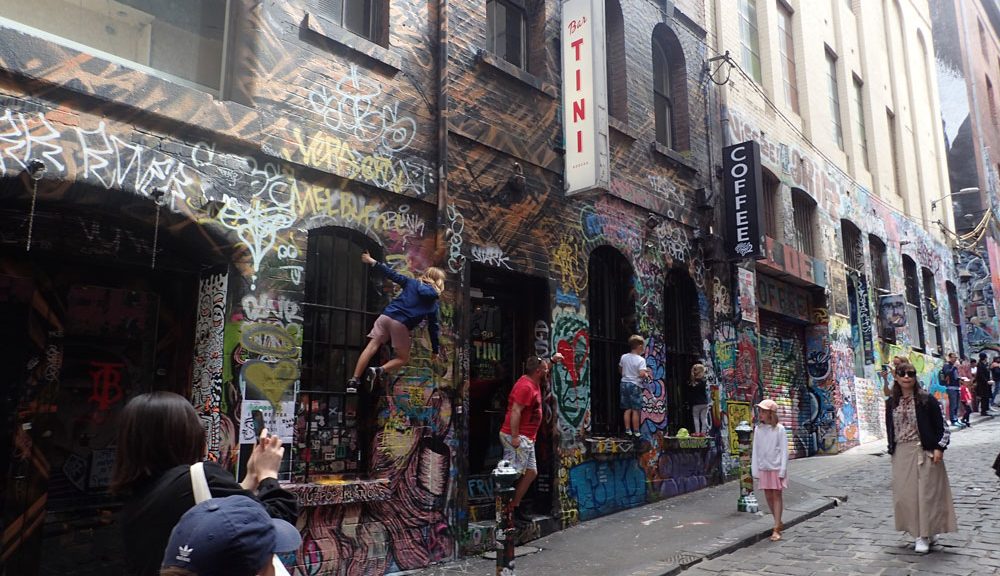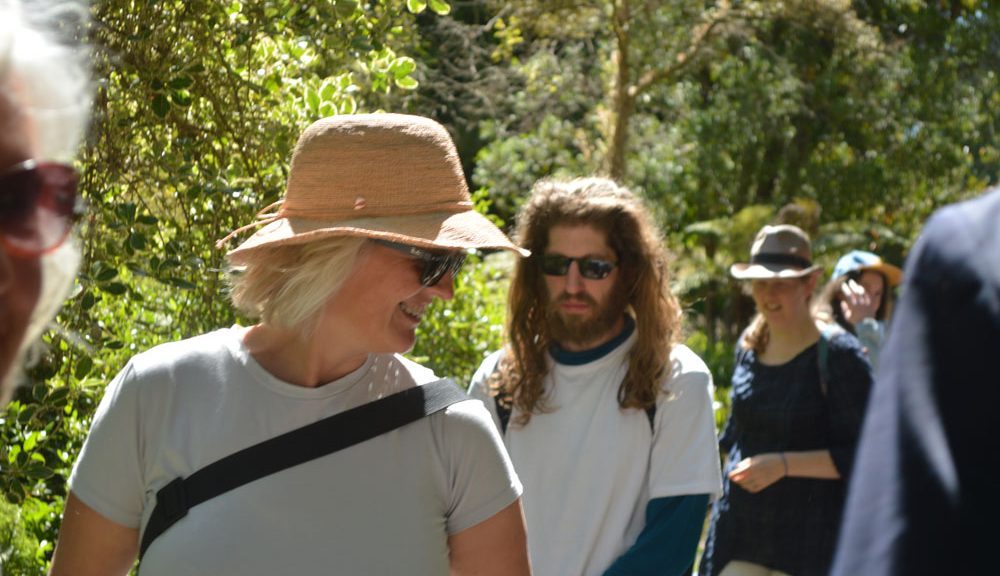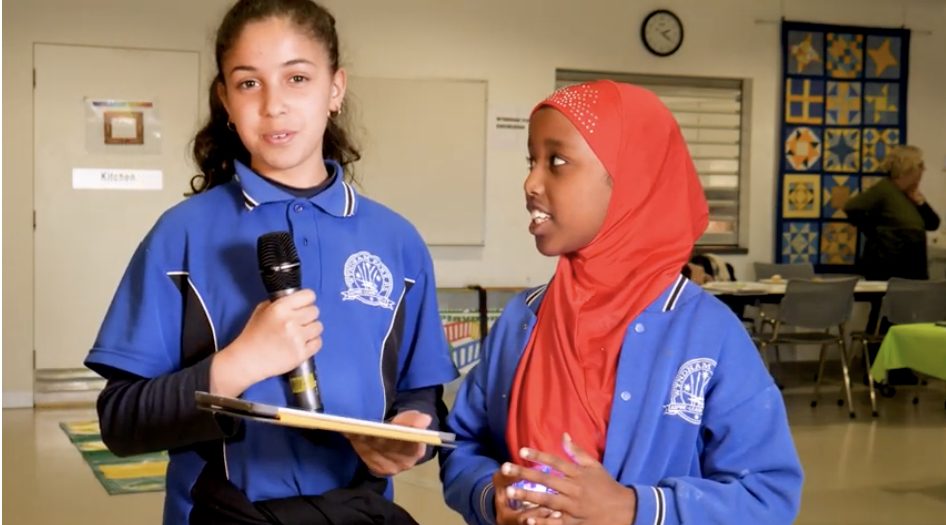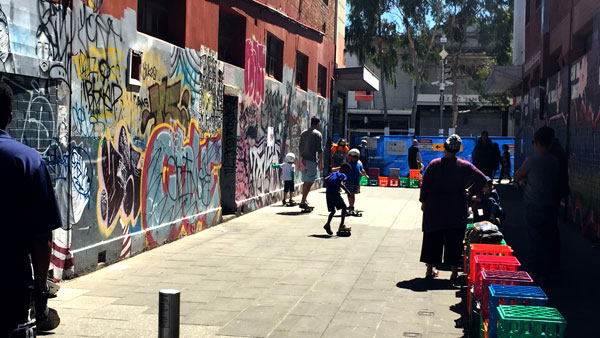As part of our 2020 seminar program a session was conducted by the Climate Change Education Network (CCEN) titled Learning about Location in a Climate of Change.
The following are some samples of the group poetry and other reflections that were created during the session and more can be viewed on the CCEN website.
The seminar was created and presented by CCEN members Bronwyn Sutton, Gen Blades, Meg Upton and Peta White for the Public Pedagogies Institute Online Seminar Series Public Pedagogies of Location.
For more information about the seminar please contact CCEN.
Human spirit
Thirsty
Thirsty for new possibilities
New elders to guide our way
Surrender to unmanicured dynamics
Out of our control
Land(E)scaping
Becoming, reclamation, resilience
The Human spirit
The Cactus spirit
The Virus spirit
The Earth spirit
No borders
One spirit
I noticed the absence of aircraft in the sky
Thirsty for normalcy but for somethings that are new
Waters are calm but impending feeling of
something will happen
Precariousness
Notion of human control is drastically changed
“It is a serious thing just to be alive on this fresh morning in this broken world” – Mary Oliver
A storyline
A courtyard tree
A bunch of lemons
A miniature pony
A camping ground
A roughened barked tree
Ducks and masks
Coping strategies
Dissonance between Fahrenheit and Celsius
Dissonance between human and natural and human world
The natural world is still doing its great big thing
The fact that we are more contained means we may have moved back to a different rhythm
Changing scale, changing sense of time
We notice it more
Movement and connecting to space
Quietness of tone,
Reflective, taking time to pause, look and appreciate,
The current capacity of nature to continually regenerate?
Collage of pictures to illustrate temporality with word phrases to help speak to the images and highlight our theme of noticing.
Because we are here…
connecting inside outside.
Connecting with life,
the cycle of life.

This place was once burnt by grassfires
but now it’s grown back

Questions of life, death, sickness, & strength

The continuum of time – past, present and future.
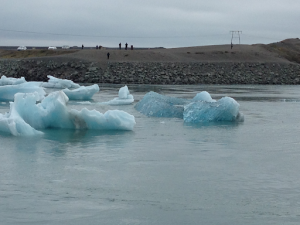
Receding glaciers in Iceland – A constant and a change

Beauty that reminds me of home

This is a timeless desert in Namibia – out of time –
ever changing yet never changing
Bees collecting pollen and nectar in Spring
like they do every year at this time
The dead and the exchange of matter between states
More information about the session and examples of group work are available on the CCEN website.

